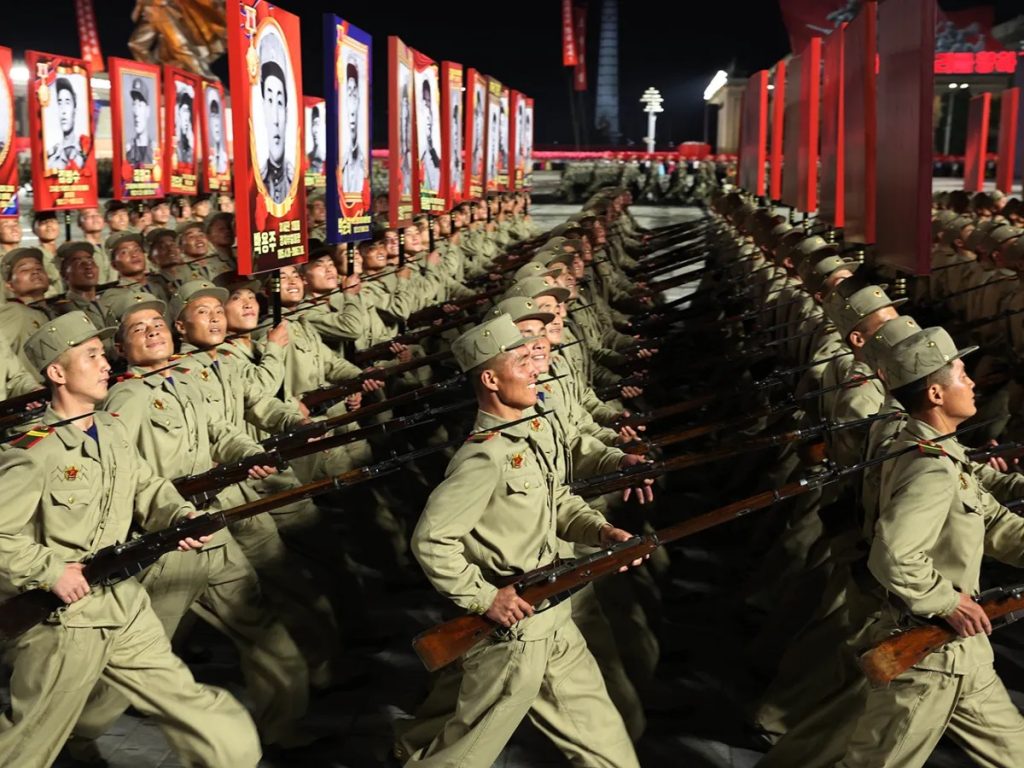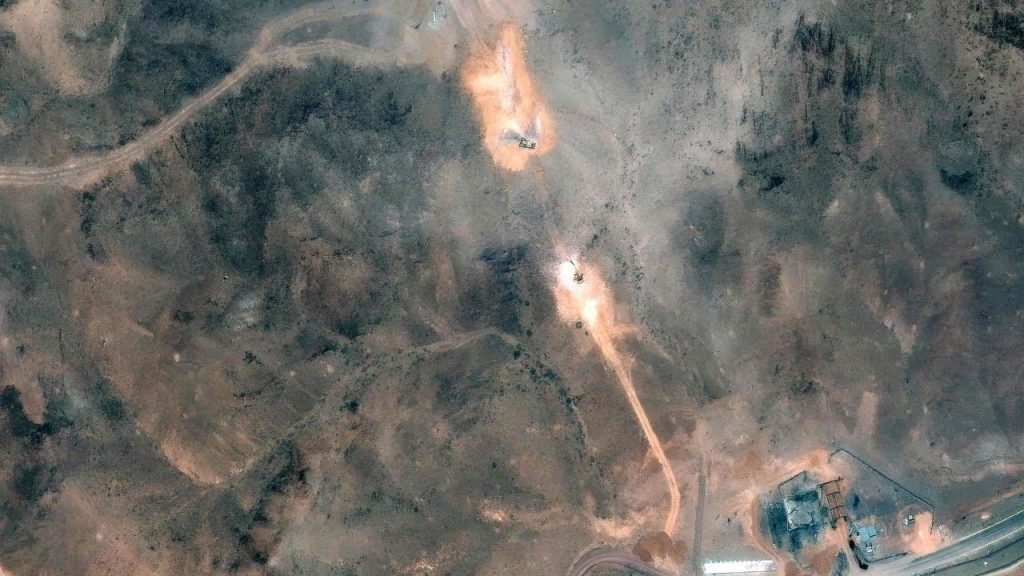News
Breaking: Tensions escalate as India launches missile strike on Pakistan
Islamabad declares war unavoidable

In a dramatic escalation of regional tensions, India on Tuesday, May 6, 2025, reportedly launched a missile strike targeting areas within Pakistan’s territory.
The Indian government has yet to issue an official statement confirming the operation or providing details regarding the objectives or scale of the strike.
However, military sources and regional news outlets have reported that the attack involved precision missile systems, resulting in significant alarm across the subcontinent.
The strike, has sparked widespread condemnation and raised fears of a broader conflict between the two nuclear-armed neighbors.
The strike is being interpreted by many analysts as a retaliatory or preemptive military maneuver.
Pakistan’s Defense Minister reacted strongly to the development, stating that the country now views war with India as “inevitable” if such aggression continues unchecked.
Speaking at a press conference in Islamabad just hours after the incident, the Pakistani Defense Minister condemned the missile launch.
He said it was a blatant act of hostility and a breach of international peace protocols.
He warned that Pakistan will not remain passive in the face of such aggression and that the armed forces have been placed on high alert.
“India’s actions have left us with no choice,” he declared.
“We are prepared to defend our sovereignty at any cost. A full-scale war may be inevitable if India continues down this path.”
The missile strike is believed to have targeted military infrastructure in Pakistan’s eastern provinces.
Although no civilian casualties have been confirmed at this time.
Initial reports suggest that damage was sustained to strategic sites, but the full extent of the destruction remains unclear.
Eyewitnesses described hearing loud explosions and witnessing military aircraft activity in the region shortly after the reported missile impact.
This latest confrontation marks a significant deterioration in India-Pakistan relations.
Their supposed relations have remained tense for decades due to longstanding disputes, particularly over the region of Jammu and Kashmir.
Both nations claim the territory in full but govern separate parts of it.
In recent years, incidents along the Line of Control (LoC) have frequently flared into violent exchanges, but the use of missile strikes represents a major escalation.
The international community has reacted with growing concern.
Several countries, have urged both sides to exercise restraint and pursue diplomatic channels to de-escalate the crisis.
The countries include China, the United States, and members of the European Union,
The United Nations has also called for an emergency session to assess the situation and explore possible interventions to prevent further conflict.
Indian defense officials have remained tight-lipped, and there has been no immediate explanation provided regarding the motivations behind the missile launch.
Some analysts speculate the move could be a response to a recent cross-border incident or a perceived threat from militant groups operating in disputed regions.
However, without an official briefing, the true rationale remains speculative.
Meanwhile, Pakistan’s political and military leadership has begun holding emergency meetings to evaluate potential responses.
The Prime Minister of Pakistan, in a national address, emphasized the importance of national unity.
He also assured citizens that the country’s security apparatus is fully prepared to respond to any threat.
He also called on the international community to hold India accountable for what he described as a reckless act of aggression.
The possibility of war between India and Pakistan is deeply concerning, given both countries possess significant conventional military capabilities as well as nuclear arsenals.
A full-scale war could have devastating consequences not only for the region but also for global peace and stability.
Experts warn that even a limited conflict could spiral rapidly into a wider catastrophe if cooler heads do not prevail.
As the situation develops, all eyes are on New Delhi and Islamabad.
The next few days, analysts say, will likely prove critical.
It is likely to determine whether this supposed alarming episode leads to broader military conflict or if international diplomatic efforts can succeed in pulling the region back from the brink.
For Diaspora Digital Media Updates click on Whatsapp, or Telegram. For eyewitness accounts/ reports/ articles, write to: citizenreports@diasporadigitalmedia.com. Follow us on X (Fomerly Twitter) or Facebook












